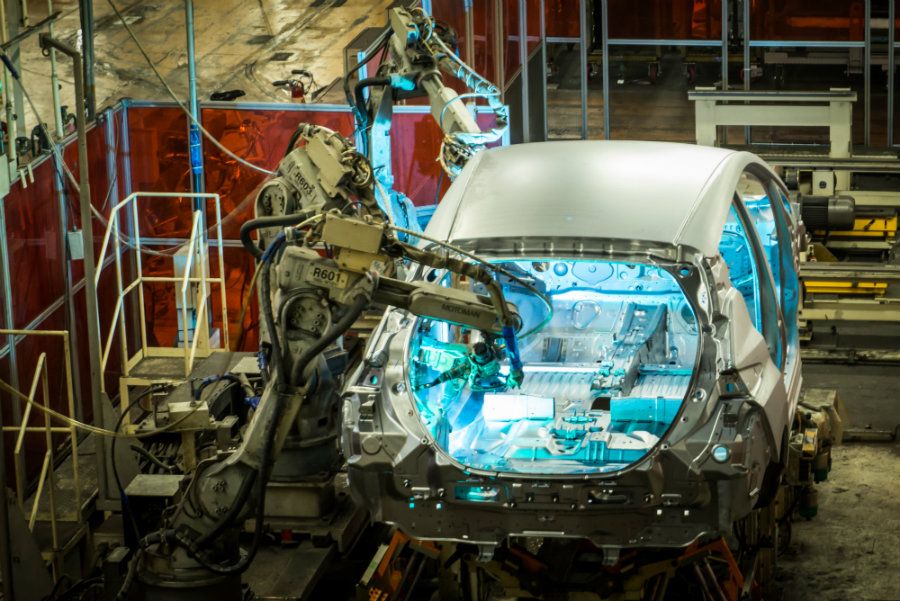Recent events bear out that prediction: just in the last months of 2017, the pace of change has been breathtaking, with both the British and the French governments committing to phasing out the sale of cars fueled by diesel and gasoline by as early as 2040.

Even sooner than that, cities such as Oslo, Madrid, Paris and London are considering partial or even total bans on diesel-powered vehicles in their city centers, as policymakers begin to rethink the role of cars in the urban mobility of tomorrow.
At that same time, the rise of artificial intelligence and the Internet of Things is set to transform the driving experience and challenge the traditional business models of automotive manufacturers.
At Nissan, Ghosn has not hesitated to pick up the gauntlet of this multiple challenge to how cars are powered, how they are driven, and how they integrate into society.
With its Intelligent Mobility strategy, Nissan aims to respond to each of these seismic shifts in the automotive industry, take advantage of the opportunities of cutting-edge technologies, and emerge as a world leader in this new era for urban mobility![]()









